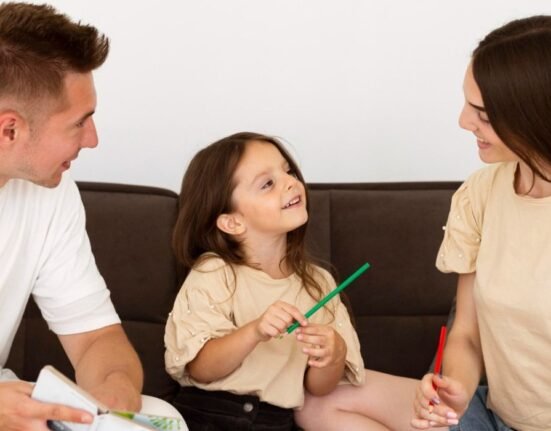The transition into adulthood can be a testing time for many people. It is the point in life where one is trying to look for things that they identify with and build a personality of their own. It is also the time when one is faced with societal and family expectations in various spheres of life. Establishing oneself in a stable career, finding the right partner, and building your self-esteem and self-image are some of the most important and life-changing decisions one has to make at this age. Hence several young adults tend to put a lot of stress on themselves for making the right choices with regards to career and family.
The onset of social media too, in recent times has come with its challenges. It allows one to put out a carefully curated version of themselves and their life, to form this almost ‘too good to be true’ image; which is usually far from reality. This leads young adults into a habit of unhealthy comparison with others and could also lead to severe effects on self-esteem, and confidence and form unrealistic expectations from themselves, others and from life in general.
Read More: How to spend less time on Social Media? and activities to do Instead
Therefore several youngsters today can be seen facing body image issues, anxiety, depression, fear of failure and judgement, disrupted work-life balance, eating and behavioural disorders or addictive behaviours as a response to trauma or stress. Therefore, dealing with such situations and individuals in the right way becomes very necessary, especially for the immediate social circle that includes family and friends. These relations play a major deciding role in the healing/recovery journey of the individual. So here are three ways in which one can positively impact the individual in distress.
1. Active Listening and Validation:
Provide the child with a safe space to express their emotions. Actively listen to their concerns without devaluing their emotions. Make an effort to promote healthy and continuous communication. Provide them with a sense of safety and belonging by validating their feelings.
Related: Building Bridges: Nurturing Open Communication with Your Teenager
Make an effort towards understanding their perspectives, which might be completely different from yours. Keep their concerns confidential so that they can trust you to come back in times of crisis. Show empathy and withhold unnecessary criticism. Provide support but allow the child to navigate the situation on their own, and provide solutions or suggestions only when required.
2. Respect their Autonomy and Choices:
Allow them the freedom to make choices that they think are suitable for them. Provide guidance, as and when required, but let the child be a part of the discussion regarding their major life decisions. Allow them to uphold healthy boundaries to protect their individuality and their peace. Respect their opinions, even when they do not align with yours and consider them during discussions on matters concerning the whole family. This will help build their unique individuality that is based on their own beliefs and opinions.
3. Engage in meaningful activities together:
Engage in activities in the child’s interest or foster interests that are common to both and practice these activities regularly. Include them in the daily routine of the family by allocating dedicated time for them. This could provide a bonding activity that will help open channels for better communication, apart from regular conversations, within the household.
Apart from the above-mentioned practices, the parents need to educate themselves about the child’s condition and the specific needs that arise along with it. With adequate support from professionals within the medical community and by forging contacts with families who are or have faced similar hurdles, general awareness can be increased, which can help handle the situation in a better way.
References +
- How to create a safe space for teens to express their emotions. (n.d.). https://www.brightfuturesny.com/post/safe-space-for-teens-to-express-emotions
- Bernstein, J., PhD. (2024, January 28). 3. Supporting without enabling. Psychology Today. https://www.psychologytoday.com/us/blog/liking-the-child-you-love/202312/3-better-ways-to-connect-with-your-struggling-adult-child













Leave feedback about this